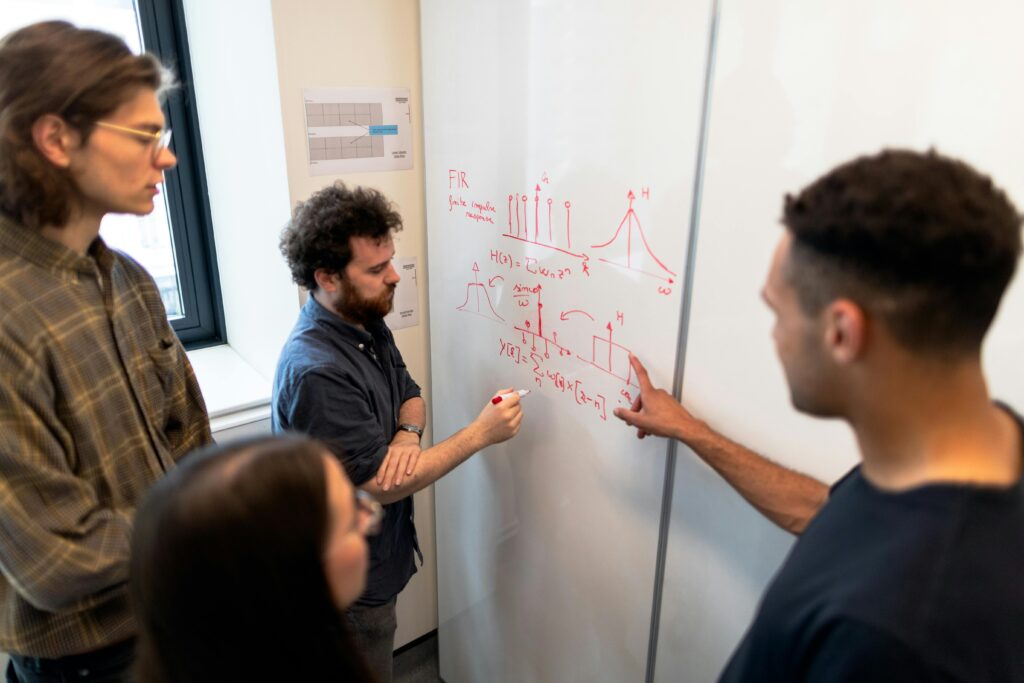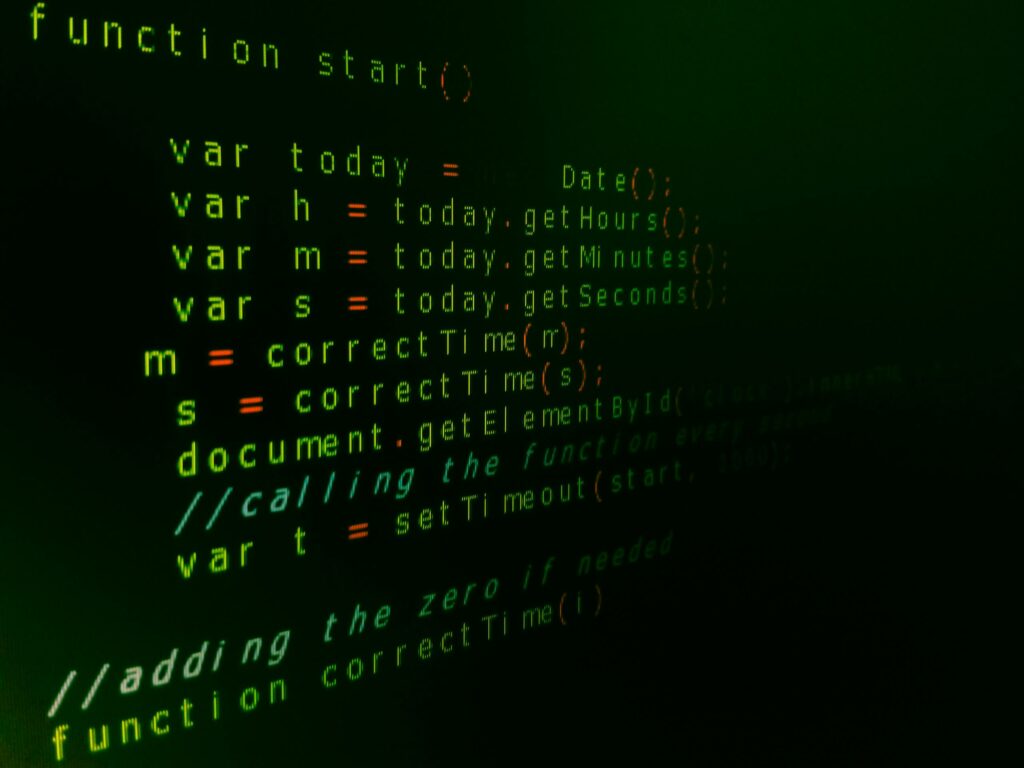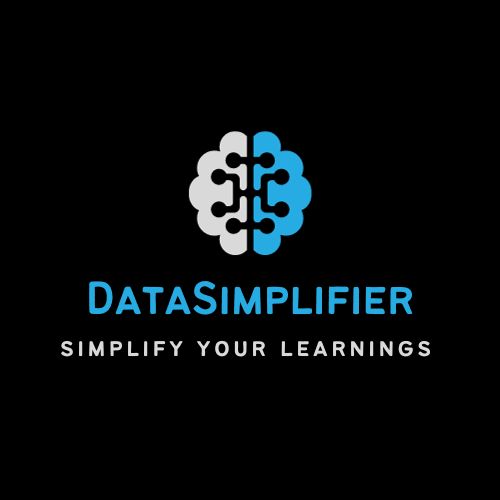Introduction
Data Science is a rapidly emerging domain, and if you are an Indian student or even a working professional looking to enter this field, then you are just in the right place. Whatever it be, be it preparing for interviews or elevating your career by incorporating data science into your profile, having a data science roadmap becomes compulsory. However, it really gets really confusing regarding resources to learn data science and the easy application in practice. With this detailed guide, you will not only be clear regarding the actions that you will take but also define your roadmap to success. This is your ultimate roadmap to mastering data science and attaining your dream job.

Data science is no longer just for tech companies but available in various industries, such as healthcare, finance, retail, even agriculture. Here is your guide through the data science roadmap with resources for fast tracking your career on how data science is applied in the field in which you may want to specialize. By the end of this chapter, you will know exactly where to begin, what resources to rely on for direction, and how to build a portfolio that will impress potential employers.
Platform like Reddit is an excellent platform through which insight is drawn from actual data scientists who have been the grind. Let’s look at some of the takeaways on the roadmap for data science on Reddit and even walk you through a practical data science project roadmap that you can implement today. Dive in with this all-inclusive guide, designed to help you succeed in one of the fastest-growing, most lucrative fields worldwide.
I. Data Science Roadmap:
A data science roadmap is a well-planned learning path that helps you go through the base skills and tools that apply in that space. Beginning from basic statistics to the handling of machine learning models, every step here is an important stepping stone to getting up to speed on data science.
Why Do You Need a Roadmap? With access to so many online resources, at this point, I have not been confused by tutorials and courses; and it is just by having a roadmap that you define your efforts into the most important topics and set aside the least important ones. Maybe you are learning from scratch or want to advance. In any of these cases, if you follow such a structure, you’ll be sure to remain on track while you learn the practical, sought-after skills demanded by employers.

What It Covers: A detailed roadmap usually includes basics like statistics, data manipulation, machine learning, and deep learning. It also has guidelines for working on real-world projects, building portfolio, and interview preparation. You should be good at the most crucial tools and techniques in data science by the end of your ride.
II. Understanding the Basic Concept of Data Science
Building a good basis in the core is the first step for any data science roadmap-the following are generally considered to be included:
Mathematics & Statistics: The Math and Statistics are the twin basis for data science. Start by learning proper concepts of probability, hypothesis testing, linear algebra, and calculus. These are the bases in such algorithms of machine learning.
Programming: While Python is the most popular choice in data science, R, among others, is widely used. You don’t have to be a software engineer, but you should have a good understanding of the syntax, functions, loops, and data structures available within the language. Consider paying attention to Pandas, NumPy, and Matplotlib within the Python library for data manipulation and visualization.
Manipulating Data: You will, in fact, work with dirty data most of the time. SQL skills are important for data querying in a database. To transform, filter, or get ready data sets you must also know to clean data with Pandas from the many Python libraries.
Data Visualization: The power of being able to communicate insights visually is of essence. Using Matplotlib, Seaborn, and Plotly you create compelling charts and graphs, a vital skill used in actual application as well as in interviews.
Some of the excellent courses on Coursera, edX, and Udemy discuss these foundation courses on data science. You can also participate in discussions on Resources to Learn Data Science, a subreddit in which learners share their course choices and learning paths.
III. Advancing to Machine Learning and Deep Learning
Once you have a good grasp on the basic concepts, it is time to learn the machine learning (ML) algorithms and deep learning. To do this:
Start with supervised learning where you begin with regression and classification models such as linear regression, logistic regression, and decision trees. Understand how these models work under the hood, how you train them, and how to evaluate their performance using metrics like accuracy, precision, recall, and F1 score.

Unsupervised Learning: Study clustering algorithms like K-means and hierarchical clustering. You may need to identify patterns in unlabeled data, which is one of the common requirements of the industries.
Deep Learning: If you are interested in exploring high-specialized domains, such as AI or computer vision, deep learning is a must. Here, your focus area shall be on neural networks, CNNs, and RNNs. Frameworks like TensorFlow and PyTorch shall also support you at this point.
Model Evaluation & Tuning: This is an important aspect; you should know how to evaluate your models. Learn about cross-validation, hyperparameter tuning and model selection techniques.
Resources : Some websites, such as Towards Data Science, Machine Learning Mastery, and Data Science Roadmap, contain truly helpful threads in the Reddit discussion that will help you answer many questions when facing tough problems. You can also practice by participating in Kaggle competitions.
To handle a lot of different aspects of data science, you will be required to feel very comfortable with many tools. Some of the key ones are listed below:
Jupyter Notebooks: The de facto tool for writing and running Python code, especially in the context of data exploration and visualization.
scikit-learn: A Python library containing simple, yet powerful, tools for machine learning algorithms like classification, regression, and clustering.
TensorFlow and PyTorch: These are the two most widely used frameworks for a deep learning project. Community is strong for both with tens of thousands of tutorials.
SQL and NoSQL Databases: SQL is a must for any project that requires structured data; however, NoSQL databases (such as MongoDB) are increasingly relevant for the processing of unstructured data.
Resources: Apart from the above stated libraries, you can scour the GitHub repositories, contribute to open-source projects, and check out the Resources to Learn Data Science Reddit for best real-world advice on the tools to use in your projects.
V. Building a Data Science Project Portfolio
As important as that is for theory, the best way to really learn data science is by working on real projects. These projects are meant to further polish up your skills and also give you real examples to use in interviews.
Start with Small Projects: Great starting point would be to take small projects like predicting house prices or analyzing stock market data. These could be done in no time and would give you the feel of how problems must be approached and real-world data handled.
Contribute to Open Source: Sites like GitHub allow you to share your code and contribute to projects initiated by others. This is one excellent way of practicing code and learning from peers.
Real-world project work: Once you have become comfortable with working on small projects, it is the time to graduate to more complex work: developing a recommendation system or coming up with a model to predict a customer’s propensity to churn. Such projects illustrate your problem-solving ability and are more impressive to potential employers.
Follow a Data Science Project Roadmap: Each project has to ideally be undertaken in a well-structured manner involving data collection and cleaning, building and fine-tuning the model, and finally deploying it. One can take up Kaggle competitions where work is shown and suitable feedback is received from professionals in the field.
Example: It would be such a great project to analyze and trend COVID-19 data using time series forecasting to predict the number of cases. This would be a perfect project that will be able to attract attention with data manipulation, machine learning, and data visualization all at once.
VI. Keeping Up with Industry Trends
Data science never stops moving, and keeping your self up to date with the most recent trends and technologies is the only way to grow in this field. Here’s how.
Join Communities: Platforms like Reddit, in particular Data Science Project Roadmap Reddit, keep up the latest developments and pieces of information. Discussions can inform you of industry-wide challenges and innovations.

Follow Industry Experts: Blogs and LinkedIn profiles of the experts often showcase new tools, techniques, and best practices.
Attend Webinars & Conferences: The virtual events, webinars, and conferences related to data science are worth attending. Many of these events have the prominent companies’ speakers and opinions about the future of data science.
Conclusion
This roadmap for data science puts you up for long-term success in one of today’s most dynamic and exciting fields. You now have a solid plan for mastering the core skills of data science: programming, machine learning, and advanced tools and real-world projects. Remember, this is all about continued learning and adaptation. With proper resources to learn data science and regular engagement with communities like Reddit, you are going to stay ahead on the curve.
Let’s go a bit deeper into this learning path and stay updated with the latest resources on AI, ML, and Data. Do join our Telegram channels, where we curate resources on AI, ML, and data:
Share the post with your friends

1 thought on “Master Data Science: 6 Step Roadmap You Need with Resources and Project Tips!”